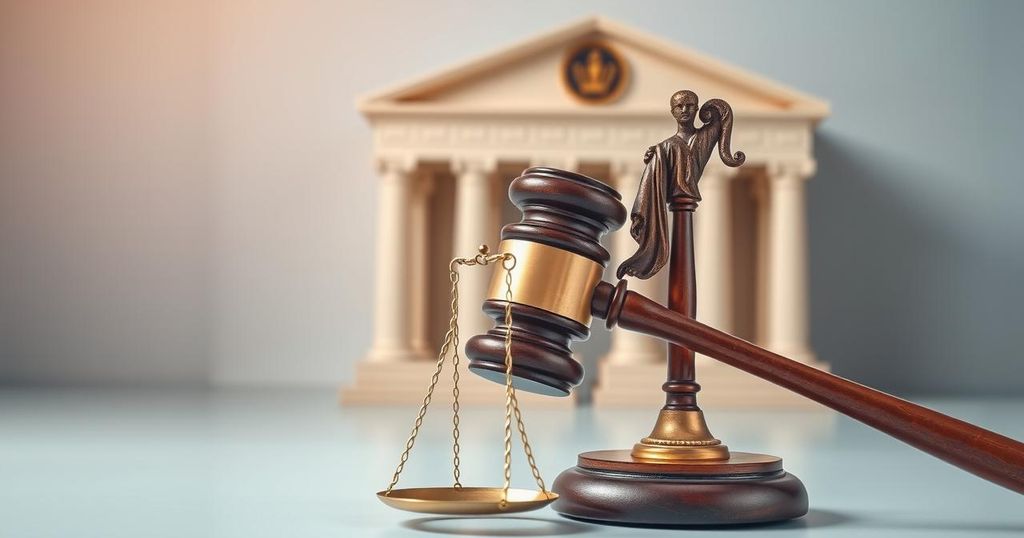Judicial Controversy: Release of Chinese National Michael Shio Sparks Outrage

Associate Justice Yamie Q. Gbeisay has reportedly ordered the release of Michael Shio, a Chinese national facing severe charges, from Monrovia Central Prison shortly after his remand. Shio and his security guards had allegedly assaulted Momo David, which has intensified scrutiny of the Liberian judicial system.
In a controversial judicial decision, Associate Justice Yamie Q. Gbeisay has allegedly ordered the immediate release of Chinese national Michael Shio from Monrovia Central Prison shortly after his remand. Shio faces serious charges including Criminal Attempt to Commit Murder and Aggravated Assault, linked to a violent incident involving the brutal assault of Momo David.
Sources suggest Justice Gbeisay leveraged his authority to override the magistrate court’s initial ruling. Alongside Shio, three security guards—Emmanuel Nyumah, Andrew Barmoh, and Sunday Sumo—were also involved in the case. Although a bond was filed by the defendants, it reportedly did not satisfy the requirement for release from the Monrovia City Court.
The charges against Shio and his guards relate to a horrific episode that occurred on January 13, 2025. Police investigations revealed that the security personnel detained Momo David, accusing him of theft for allegedly carrying a solar panel. He was forcibly taken to Shio’s residence, restrained, and subjected to torture involving hot oil.
The rapid release of Shio has raised significant concerns regarding the integrity and influence within Liberia’s judicial processes. This incident prompts serious questions about the fairness and accountability of judicial decisions, particularly in high-profile cases.
The release of Michael Shio from custody shortly after being remanded sparks serious concerns about judicial integrity in Liberia. Despite serious criminal charges against him, the decision made by Associate Justice Gbeisay raises questions about judicial independence and the potential influence at play. This case underscores the need for scrutiny regarding how legal decisions are made in the country.
Original Source: frontpageafricaonline.com







